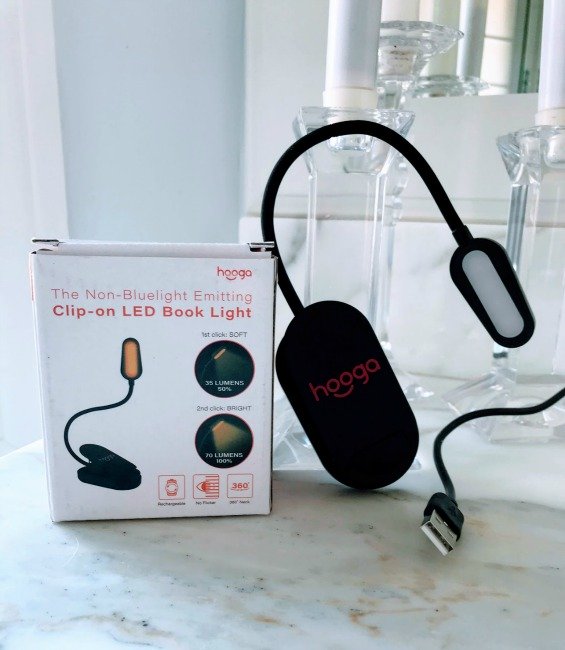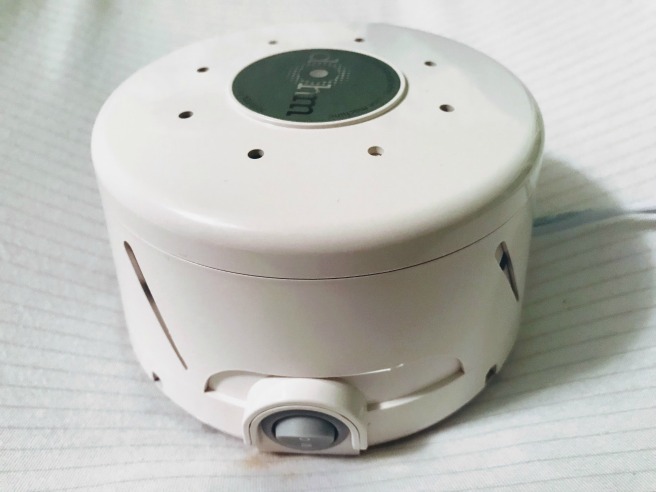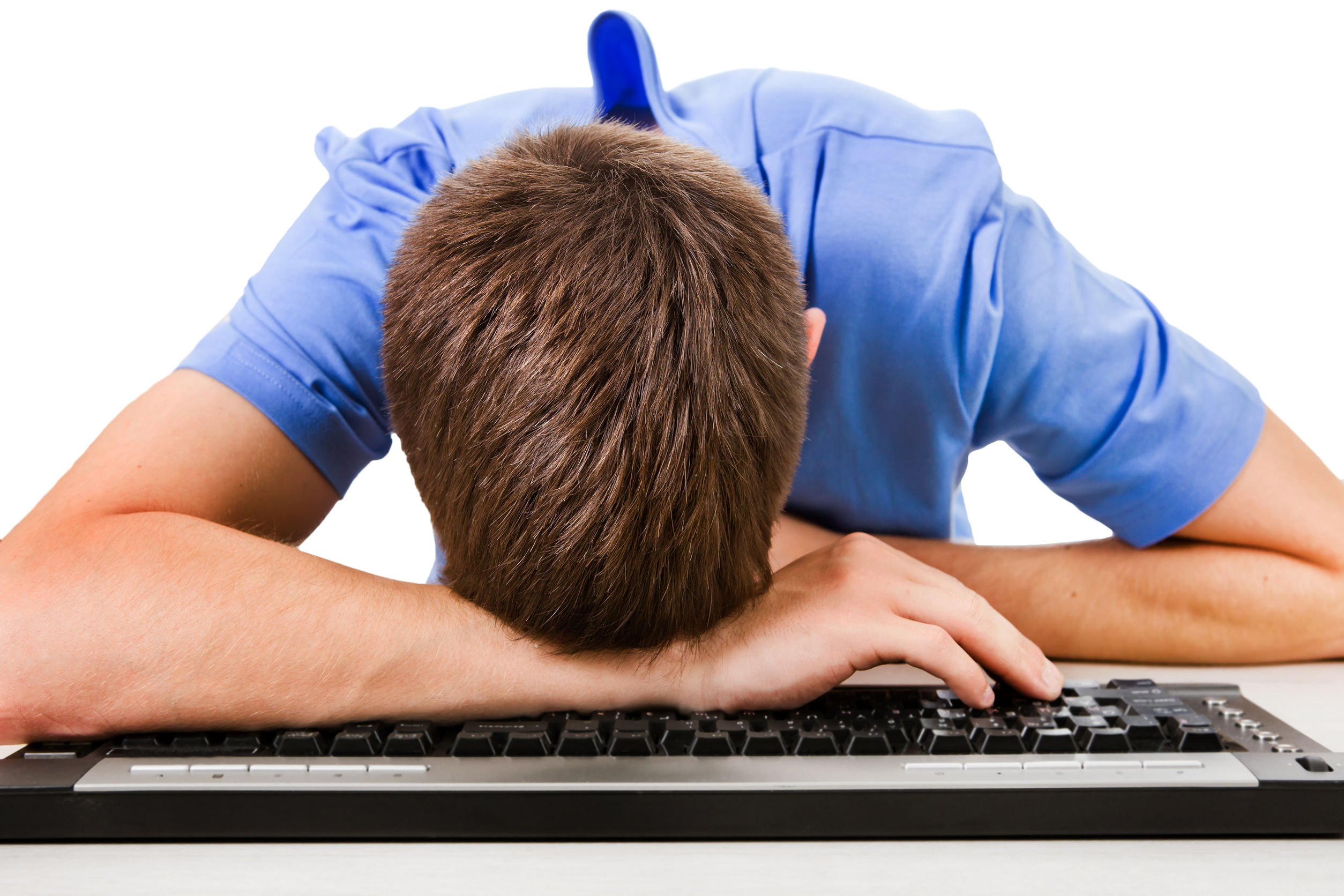Primary Hypersomnia
Primary hypersomnia is a sleep disorder that leads to excessive sleep. Even after many hours of continuous sleep a person still does not feel alert and well rested. They may describe themselves as being in a fog, drowsy or sleepy.
Hypersomnia Definition
According to the Hypersomnia Foundation, " ... hypersomnia is used to refer to excessive sleepiness during the day, often accompanied by prolonged sleep periods (i.e., more than 10 hours per night)." Sleeping more than 70 hours per week, this person still has a hard time waking up. Even when awake, a person with hypersomnia is still not alert, and is in fact found to have the same reaction time as someone who has been awake all night.
Causes of Primary Hypersomnia
The cause of a person's hypersomnia determines if their sleep disorder is a primary hypersomnia - that is extreme daytime sleepiness without any other underlying medical condition or secondary hypersomnia which may result from lack of quality sleep due to sleep apnea or from a neurological condition like Parkinson's.
One who has recurrent hypersomnia has normal periods of sleep and alertness between periods of feeling overly tired with abnormal amounts of sleep.
The underlying cause is believed to be connected to some kind of brain dysfunction. Although there is still much to learn about this sleep disorder, recent findings have identified a brain chemical that results in a person feeling like they have been sedated. It is a naturally occuring substance known as GABA. This chemical is hyperactive in those who have this extreme need for sleep.
Primary Hypersomnia Symptoms
Hypersomnia symptoms often mimic the same symptoms of a person who has had no sleep, despite the fact they have had more than 10 hours of sleep. There is an overwhelming feeling of sleepiness, being drowsy and just not alert.
According to David Rye, MD and sleep specialist at The Emory Sleep Center, "In some of the more severely affected patients, we estimated the magnitude of the GABA-enhancing effect as nearly equivalent to that expected for someone receiving sedation for outpatient colonoscopy," This is a level of impaired consciousness that many subjects had to combat on almost a daily basis in order to live their usual lives."
Unlike other sleep disorders, this person experiences deep sleep
making it difficult for the patient to wake up or to be aroused by
anyone else. When they do wake up the person feels disoriented or
confused and does not feel rested.
Feelings of sleepiness interfere with one's ability to work, drive, or go to school. Drinking coffee or taking stimulants does not seem to help.
David Rye, MD, PhD professor of of neurology at Emory University School of Medicine and research director for Emory Healthcare's Program in Sleep, describes hypersomnia patients like this ..."These individuals report feeling as if they're walking around in a fog - physically, but not mentally awake."
Primary Hypersomnia Treatment
Because this sleep disorder entails a problem with the neurological system, it is important that a patient be evaluated by a sleep disorder specialist. Most often these specialists are neurologists who have had extensive training in sleep disorders. A sleep specialist can help diagnose and determine if one's daytime sleepiness is due to primary insomnia or to some other condition that is contributing to this need for excessive sleep. A polysomnogram is a test that the sleep doctor orders to provide important information about the patient's sleep patterns. Another test called multiple sleep latency testing (MSLT) follows the sleep test.
At this time there is no standard FDA approved treatment for idiopathic hypersomnia. Often these patients are given stimulants and medications approved for narcolepsy, but even sleep experts agree that they are not effective for this sleep disorder.
Sleep Disorder Research
According to a recent Emory Health Sciences News, "Researchers at Emory University School of Medicine have discovered that dozens of adults with an elevated need for sleep have a substance in their cerebrospinal fluid that acts like a sleeping pill." Being able to identify what may be the cause of this sedated feeling is a major breakthrough. Once a cause has been determined, means there can be progress in discovering a treatment.
Ten patients from the Emory Sleep Clinic in Atlanta, Georgia, who continued to experience extreme sleepiness despite treatment with stimulants and plenty of sleep, participated in a clinical study named, Flumazenil for the Treatment of Primary Hypersomnia.
Dr. Lynn Marie Trotti from Emory HealthCare in
Atlanta, GA has published study results regarding the
use of flumazenil to improve daytime alertness in patients
with this sleep disorder. The research found that treatment with the drug flumazenil can
restore alertness in some, but not all of the participants. To watch a video of one of the participants go to:
Waking Sleeping Beauty, An Antidote for Primary Hypersomnia
Dr. David Rye, a co-investigator and sleep specialists, states that, "... in these patients, the situation is more akin to attempting to drive a car with the parking brake engaged. Our thinking needs to shift from pushing the accelerator harder, to releasing the brake."
Primary Hypersomnia Conferences
On March 8th 2014 the first ever Hypersomnia Conference took place in Atlanta, Georgia, USA. Guest speakers included Dr David Rye and Dr Lynn Marie Trotti from Emory University and Lloyd Johnson from Living With Hypersomnia.
As a patient or supporter of someone with Hypersomnia you can find out about future conferences sponsored by the Hypersomnia Foundation here....

Get practical advice on how to fall asleep, stay asleep and to get deep sleep. It's free so sign up here:






Ancient Minerals Goodnight Magnesium Lotion
Please note that while I do receive commissions from some of the things promoted on this site, I recommend them because I feel they would be of benefit to you.
Advertisers/Affiliates have been hand-picked so that only quality products are recommended. I have used them in my own life and share them with you because that's what friends do.




